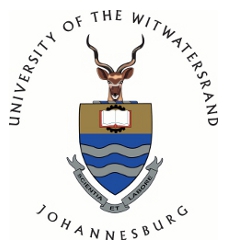The programme aims to develop the kind of interdisciplinary thinking that will be crucial to tackling the formidable, interlinked global challenges of the 21st Century.
Disciplinarity is still the predominant basis upon which research orientations are organised at most universities. Although disciplinarity allows people to specialise and become experts at what they do, it also encourages disciplinary silos, making it difficult for experts to engage with each other and share their knowledge beyond the boundaries of their disciplines.
This is of great concern in light of the increasing recognition that some of the greatest challenges of our time – climate change, population growth, fossil fuel shortage, biodiversity loss, and the need to ensure increasing agricultural yield despite dwindling supplies of land and water – will require a transdisciplinary approach to problem solving.
In response, representatives from a range of Faculties at Wits, with funding from the Open Society Initiative under the African Climate Change Adaptation Initiative (ACCAI), have developed an Interdisciplinary Masters Programme in Global Change.
The objective is to create expertise in the dynamic functioning of interlinked human and natural systems. The programme will encourage the shared understanding of different disciplinary conceptual frames, key problematics and methodologies, the development of integrative research tools and the human capacities they require, and enhanced networks for collaborative learning and problem-solving.
It will be presented full-time or part-time and will incorporate a foundation module grouped with existing electives from specific disciplines (50%) and a research component (50%). For more information on the programme structure, click here.
The closing date for applications for 2014 is 31 October 2013, however late applications may be considered. Applications should be submitted online at http://www.wits.ac.za/prospective/postgraduate
For more information contact:
Dr Ute Schwaibold
School of Animal, Plant and Environmental Sciences
Wits University
011 717 6482
Article issued by University of Witwatersrand
